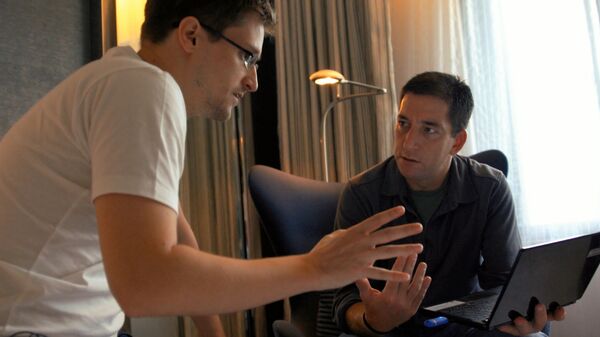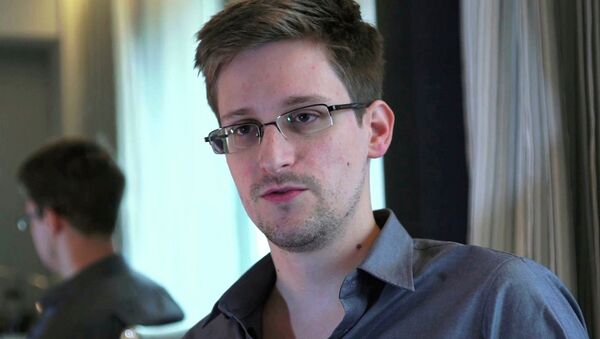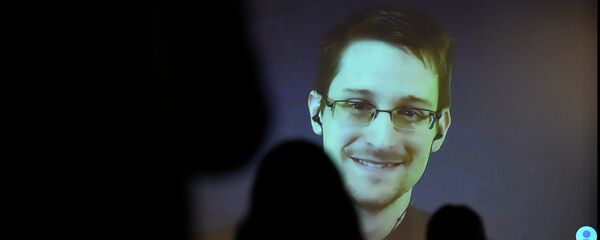The “Snowden Treaty” is devised as a way for nations to push back against mass surveillance undertaken by the US’ National Security Agency and its partners.
“Now that we have established the bare facts in the arena of liberties, all of these things we do are being indexed and sorted into a sort of information time machine,” Snowden said of the current state of mass surveillance.
“The International Treaty on the Right to Privacy, Protection Against Improper Surveillance and Protection of Whistleblowers,” as it is more formally known, was drafted by Snowden, journalists Glenn Greenwald and Laura Poitras, and Greenwald’s partner David Miranda, and seeks to make digital privacy a 21st century human right.

Under its terms, mass, blanket surveillance of phone calls and Internet activity would be made illegal; oversight of state bodies would be boosted; and whistleblowers would be afforded the right to international protections.
“If corporations and governments are protecting themselves, why can’t we protect ourselves?” asked Miranda, who hosted the meeting. Miranda said he was thrust into action for the idea of the treaty after being interrogated for over 8 hours at Heathrow Airport in 2013 in specific regard to Edward Snowden.
A report in the Washington Post published Wednesday quoted senior Obama officials who said there had been proposals to bypass phone encryption entirely, but that none of the plans had been implemented. One involved forcing a backup to an unencrypted location, similar to what telecom providers do by pre-loading cloud storage apps. Another involved forcing corrupted security updates to give the government backdoor access, along with full-on subversion of the underlying science behind cryptography. Administration officials cited public scrutiny of the proposals as decisive in why they were not put into effect.
Thursday’s announcement is just the beginning of drafting the complex “Snowden treaty,” in which diplomats from several countries have shown interest, according to Miranda.
“It is important that they act at their own speed when they feel comfortable, rather than being pressured by us,” he said.
The team, though, has no plans to back down.
“Instead of making me frightened and intimidated,” Miranda said of his interrogation in 2013, “the situation opened my eyes. I could see the kind of power that was being wielded, and that we need proper institutions like the United Nations to provide oversight and help countries come together to push for change.”




